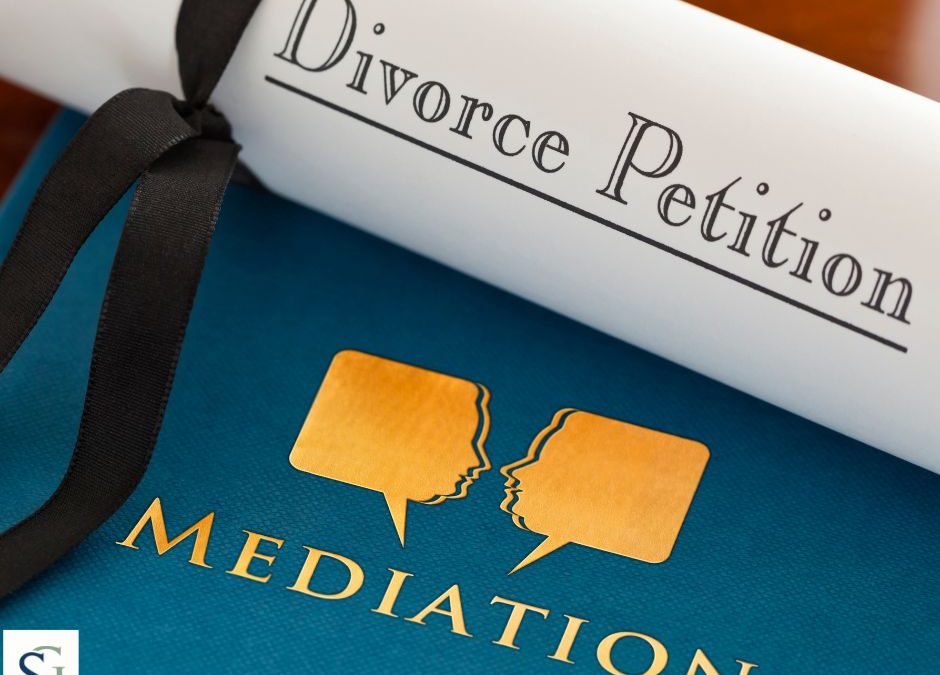We talk about divorce mediation often in our legal blog because we believe in the process and have witnessed its many benefits. If you are new to our blog and do not know much about this process, you will find some of its advantages below.
What is mediation?
Mediation is a form of alternative dispute resolution that divorcing couples can use to resolve their differences outside of the courtroom. During mediation, a neutral third party, aptly called a mediator, helps the couple communicate and negotiate a mutually acceptable agreement. During the mediation process, both you and your spouse have the opportunity to express your concerns, needs, and interests regarding the divorce. The mediator may ask questions or suggest options for the couple to consider, but will not offer legal advice or make decisions for either you or your spouse.
The ultimate goal of mediation is to help you reach a fair and equitable agreement that addresses all the issues related to your divorce, including property division, child custody, visitation, and support.
Mediation can offer several benefits over traditional divorce litigation, including:
- Less expensive than a traditional divorce in most cases
- Often results in less anxiety and stress for all parties
- May conclude faster than a litigated divorce
- Offers spouses control and flexibility in settling their divorce
- Maintains your family’s privacy
- May be easier for the children of divorce
As you can see, these benefits offer value to both spouses and usually reduce hardships for all family members.
What are the downsides to divorce mediation?
Although divorce mediation is appropriate in a large variety of situations, it does not always work for all couples. You can determine whether your circumstances could benefit from mediation by learning about some of the disadvantages the process may have.
- If divorce mediation fails, you may need to start litigating your divorce all over again or find another form of alternative dispute resolution, such as collaborative law.
- In marriages where one spouse is assertive while the other is timid, mediation could worsen matters because unassertive spouses may have trouble fighting for their rights.
- If domestic abuse or violence is an issue, abused spouses might not acquire an appropriate outcome because they may be afraid to speak candidly.
FAQs About Divorce Mediation in Virginia
How does the mediation process start?
The mediation process typically begins when one or both parties express a desire to mediate their divorce-related issues. They then select a qualified mediator to assist them throughout the process.
Who serves as the mediator in a Virginia divorce mediation process?
The mediator is a neutral professional trained in conflict resolution and mediation techniques. They do not take sides or make decisions for the couple but facilitate communication and guide them toward resolution.
Is divorce mediation mandatory in Virginia?
Divorce mediation is not mandatory in Virginia, but it is actively encouraged by the courts as a viable option to resolve disputes amicably.
Can I have my attorney present during mediation?
Yes, it is common and often recommended to have an attorney present during mediation sessions in Virginia. Your attorney can provide legal advice and ensure your rights are protected throughout the process.
If you are still uncertain about how to proceed with your divorce, a legal professional can any questions or concerns you have. You can also discover more about mediation by continuing to review our website content.

